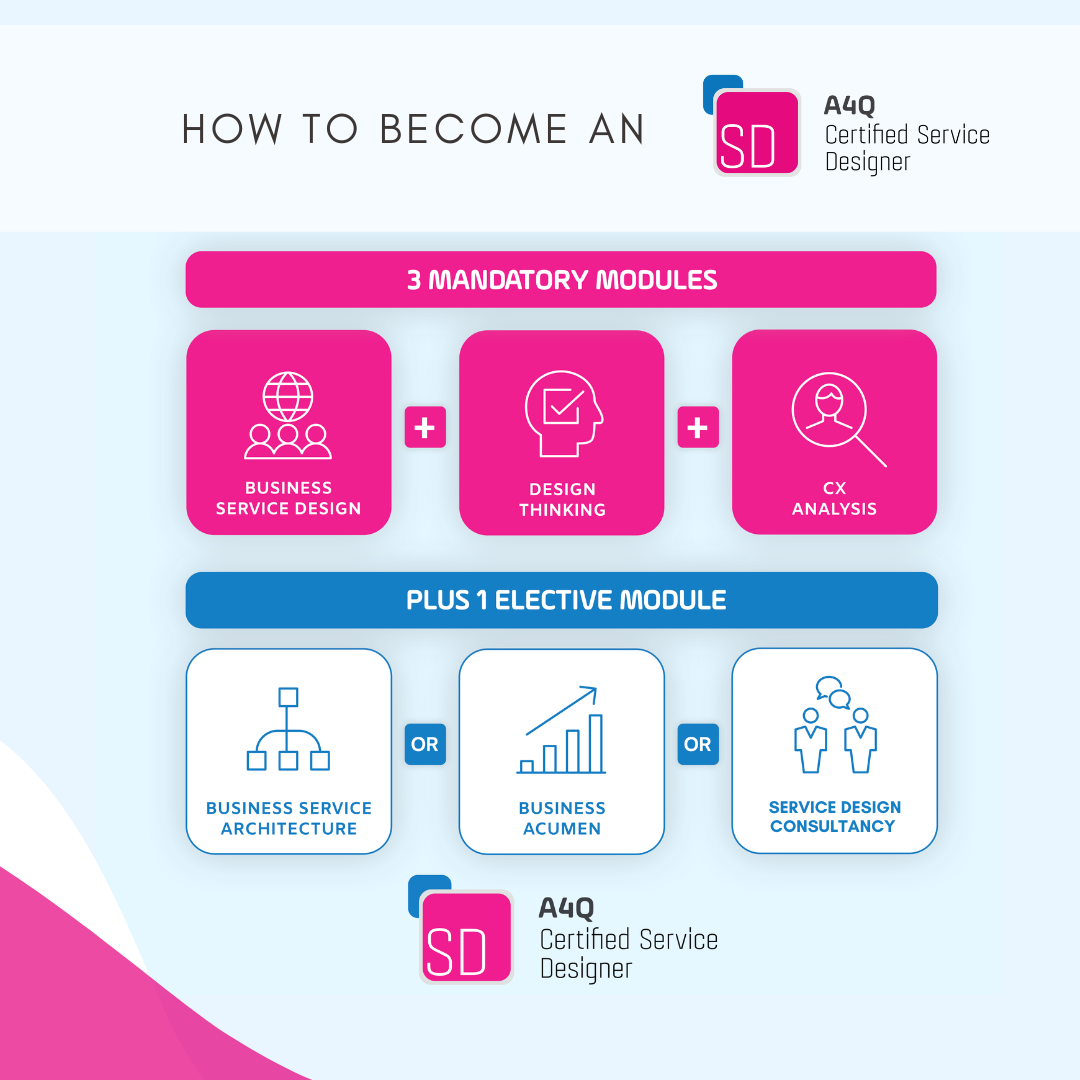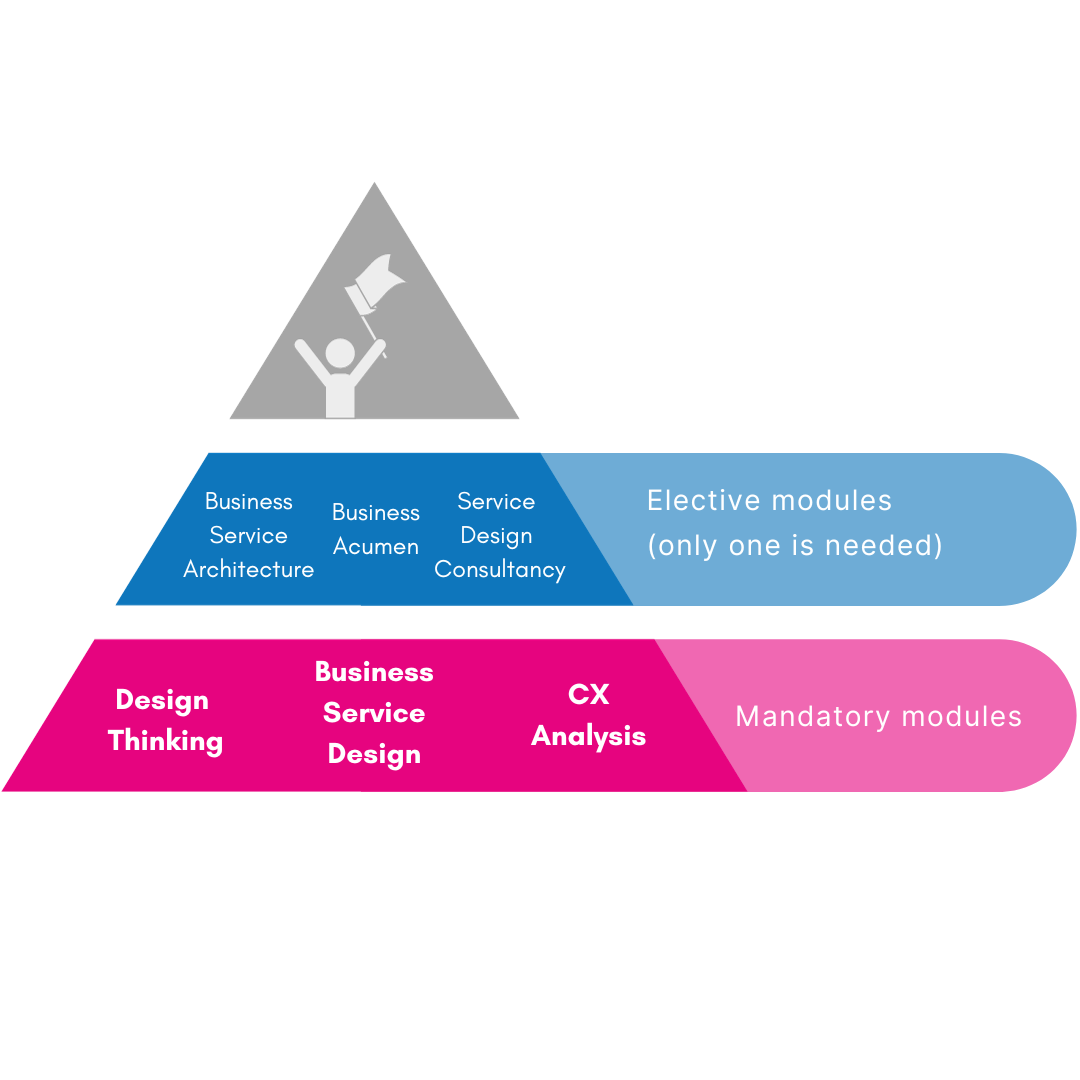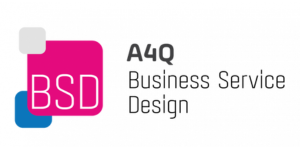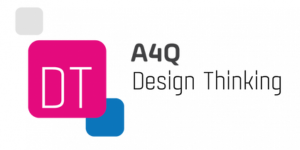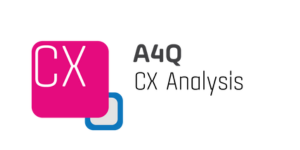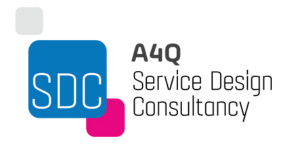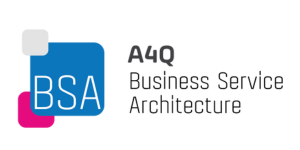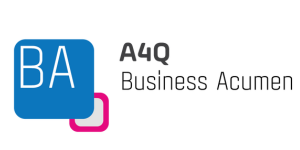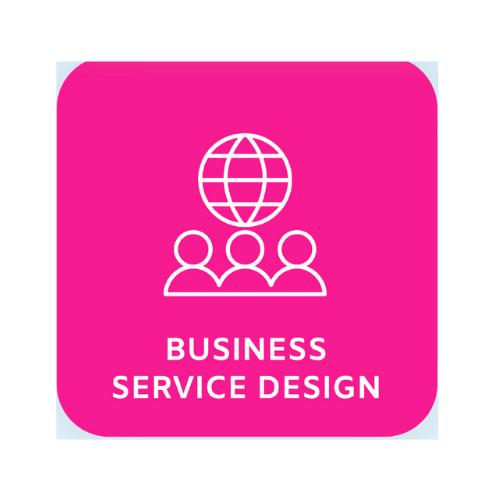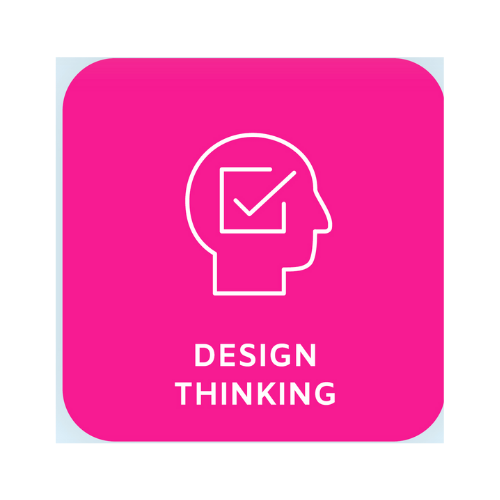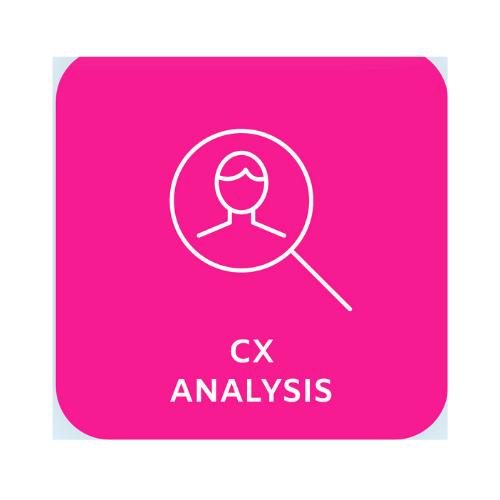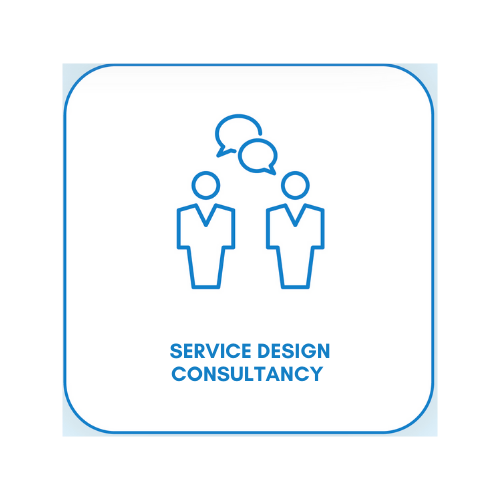The need for organizations to continuously innovate and adapt their services to meet their customers' ever-changing and increasingly demanding expectations is more of a challenge today than ever!
A seamless service experience for the customer can have a huge impact on an organization's reputation, customer acquisition and retention, and, indeed, the company's overall growth. Every step of the “change journey” for organizations must seek to co-create value with their customers and to co-construct the service experience that aligns with the customer context.
Service Design is a field that encompasses this value-co-creation. It is a human-centered, iterative approach that incorporates the theory and practices of design thinking, customer experience analysis, and business service design.
The Alliance4Qualification (A4Q) is the official licensor for the A4Q Certified Service Designer Scheme!
A4Q CERTIFIED SERVICE DESIGNER SCHEME
The A4Q Certified Service Designer is a modular certification programme. Each module within the scheme has its own inherent value as a certification and will add value to individuals seeking to develop and attest to skills in each of the respective fields.
Full A4Q Certified Service Designer can be applied for by candidates who have achieved the three mandatory modules and one of the electives.
All three mandatory modules are available now! Start your journey to A4Q Certified Service Designer!
Who is this certification for?
- They have a portfolio of must-have service design skills and techniques
- They have an understanding of the customer experience, mapping the customer journey across all platforms to build a better understanding of the value proposition from a customer viewpoint
- They are able to analyze the business service offering, looking at services, systems, and processes from a customer perspective
- They can use innovative design thinking techniques to unlock insights and transform your business service.
MORE INFORMATION ABOUT THE MODULES
All of the modules within the A4Q Certified Service Designer scheme help to build knowledge, update skills and deepen understanding. Gaining the new Certified Service Designer qualification builds professional expertise, creates advantages for the organization, and can lead to exciting new career opportunities.
Business Service Design has an in-depth focus on business systems, processes, and services behind the customer journey, focusing on their impact on customer satisfaction.
The A4Q Business Service Design certificate assesses a candidate’s ability to demonstrate an understanding of Business Service Design principles, approaches, and techniques including:
-
- The four thinking frameworks that combine to provide a powerful toolkit behind innovative, customer-centric service design: Systems Thinking, Service Thinking, Design Thinking, and Lean Thinking.
- Being able to explore the business services, their value propositions, and the customer perspective.
- Being able to identify where changes are required.
- Being able to apply useful Service Design techniques to drive business innovation.
Design Thinking is a creative, human-centred approach to business innovation. It’s about applying the design mindset to business challenges, making sure solutions are customer-centric and focused on meeting the needs of all stakeholders. The A4Q Design Thinking certification course you will learn how to:
- Study this highly creative iterative process.
- Investigate and resolve business challenges, identify options and test proposed solutions using an innovative customer-centric approach.
- Learn how to empathize with the customer, unlock key insights, question assumptions, explore strategies and test ideas.
- Find innovative and relevant solutions.
In the digital age, it has become critical to understand more about the organization’s customers and what motivates, delights, and even annoys them. CX (Customer Experience) Analysis is critical to business success. The A4Q CX Analysis certification looks in depth at the customer experience, and how an organization can transform its existing processes to offer an engaged, responsive, and connected customer journey. The A4Q CX Analysis certificate assesses a candidate’s ability to:
-
-
Tune in to the organization’s customers, action the insights and add value across multiple touch-points.
-
Analyze the organization’s view of CX; the difference between CX and UX and why it matters; customer gains and pains and organizational maturity.
-
Understand a seamless, positive customer journey with touch-points across all digital platforms engages customers and improves customer satisfaction.
-
Understand key customer experience analysis techniques for effective business service design.
-
The A4Q Service Design Consultancy certification covers the key skills required to deliver effective service design consultancy. The syllabus includes:
-
-
The consultancy lifecycle and service portfolio
-
The consultancy mindset
-
Stakeholder engagement
-
Investigation and negotiation techniques
-
Situation diagnosis
-
The A4Q Service Design Consultancy certification will help to develop and attest to the key areas of expertise essential to internal (or external) consultants working with organizations to design and improve services that meet the value expectations of customers and align with the needs of the business.
Elective modules for A4Q Certified Service Designer
The A4Q Business Service Architecture certification will focus on the service architecture and its component elements, within the context of enterprise, business, and solution architecture.
Topics covered include architectural principles; service definition; value stream modelling and analysis; capability requirements and modelling; the T shaped professional; service measures and controls and a framework for service agility.
The A4Q Business Acumen certification covers the knowledge, skills, understanding, and perspective needed to develop good business acumen.
Topics covered include types of business model; leadership and decision-making skills; the importance of a growth mindset for senior leadership teams; available business models and financial and data literacy.
.png)






.png)
